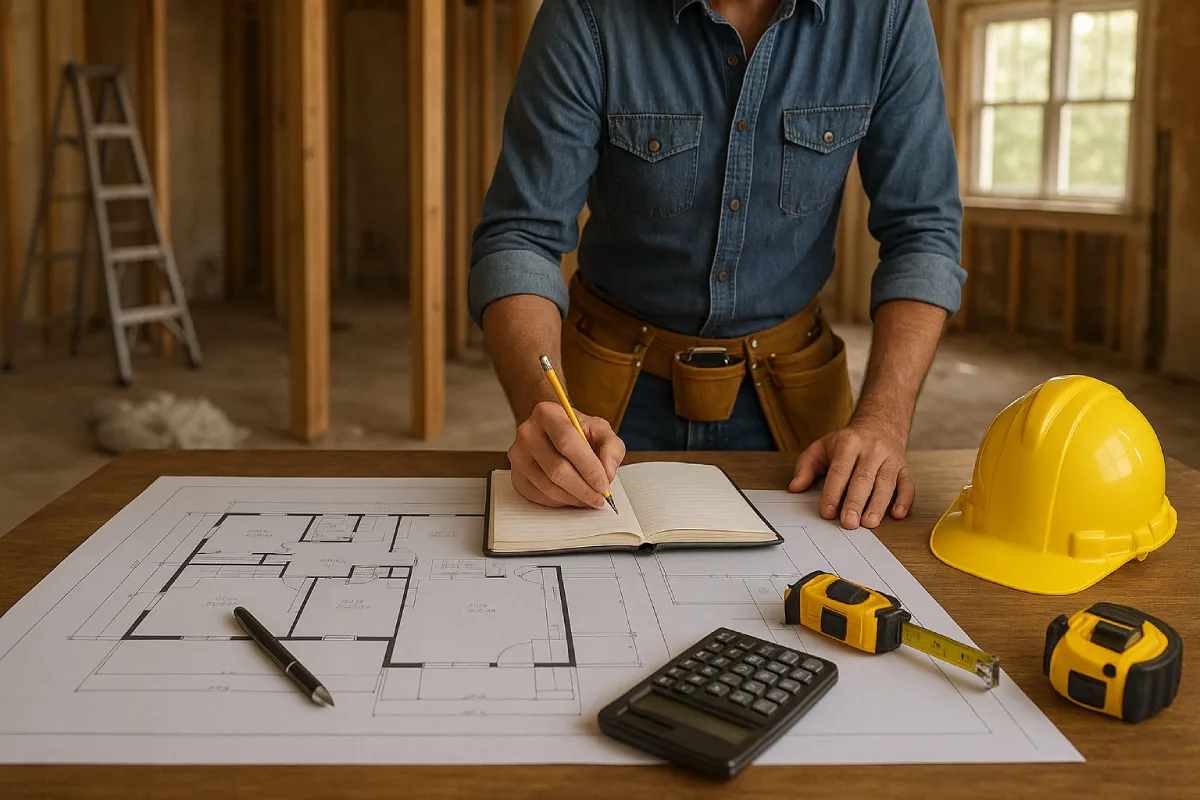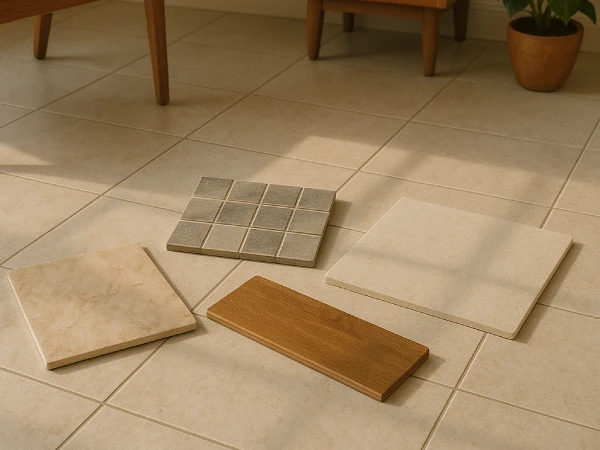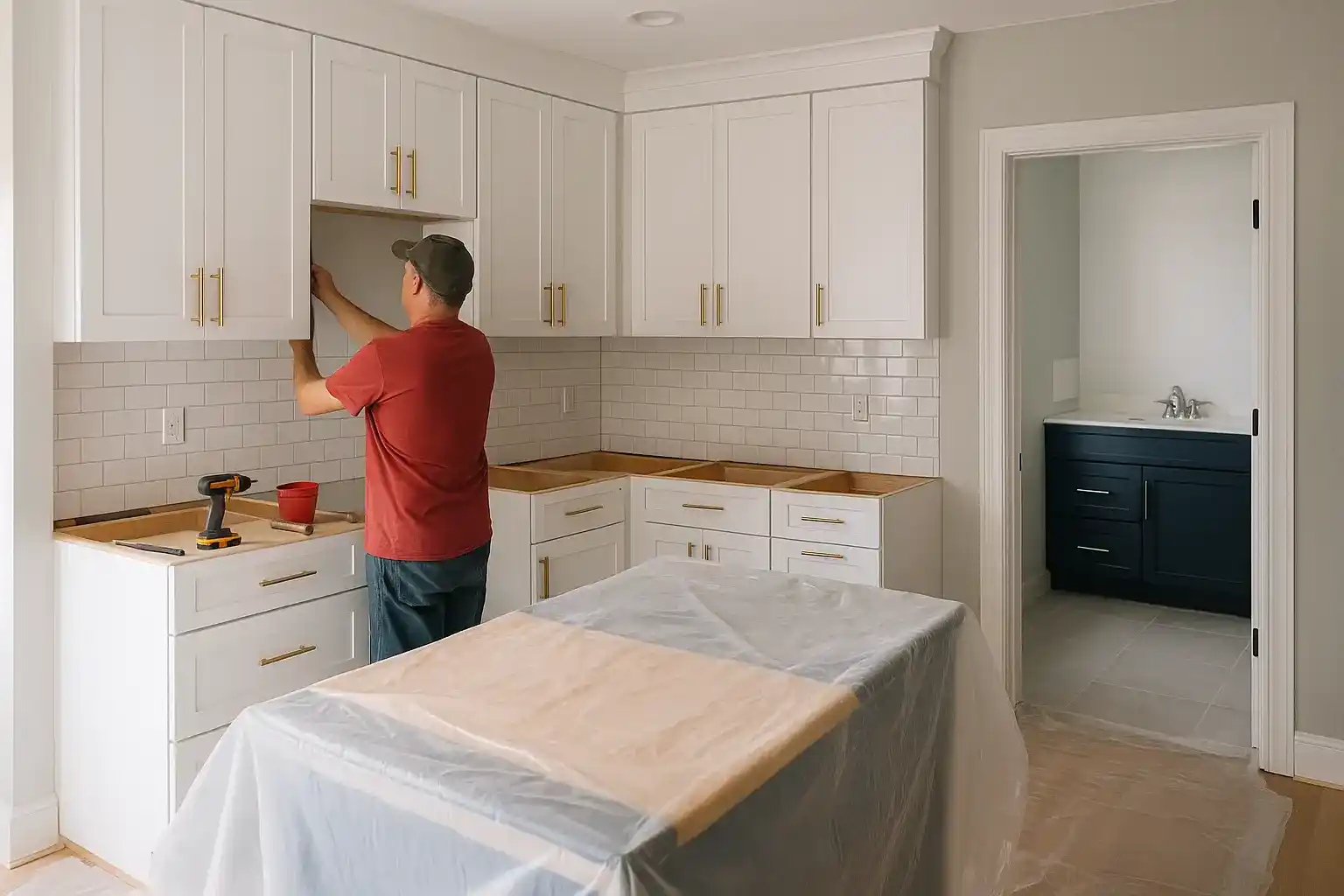
Introduction: The Journey of Transforming Your Home
Whole home renovations cost $50,000-$200,000 and take 4-12 months depending on scope, materials, and contractor availability.
Use our live calculator below to get your exact renovation cost in seconds.
Phase 1: Planning and Budgeting
The foundation of any successful renovation is a solid plan and a realistic budget. This phase is about defining your vision and understanding the financial commitment.
- Define Your Scope: Clearly outline what you want to achieve. Are you redesigning the layout, updating all finishes, or expanding your home's footprint? Create a detailed list of must-haves and nice-to-haves.
- Set a Realistic Budget: Research costs for materials, labor, and permits in your area. A general rule is to allocate 10-20% of your budget for unexpected issues. Use our online calculators to get preliminary estimates for specific tasks. For instance, you can use our Paint Calculator to estimate paint needs or the Flooring Calculator for flooring materials.
- Secure Financing: Whether you're using savings, a home equity loan, or a renovation loan, have your financing in place before you begin.
Phase 2: Assembling Your Renovation Team
You can't do it all alone. The right team is crucial for a high-quality outcome.
- Hiring an Architect or Designer: For major structural changes or a complete aesthetic overhaul, an architect or interior designer is invaluable. They can translate your vision into professional blueprints.
- Finding a General Contractor: The general contractor (GC) will be your project manager, overseeing subcontractors and ensuring the work is done to code. Get multiple bids, check references, and review their portfolio.
- Vetting Subcontractors: Your GC will handle most of this, but it's good to know who is working on your home, from plumbers and electricians to painters and flooring installers.
Phase 3: The Renovation Process
With a plan and team in place, the real work begins. Understanding the sequence of a renovation can help manage expectations.
- Demolition and Site Prep: The first step is to tear down what's being replaced. This is often messy but is a sign of progress.
- Structural Work: This includes foundation work, framing, and any changes to the home's layout.
- MEP Rough-in: Mechanical, Electrical, and Plumbing (MEP) systems are installed within the walls before drywall goes up.
- Insulation and Drywall: Once inspections for the MEP systems are passed, insulation is added, and walls are closed up with drywall.
- Finishing Touches: This is the final and most visually satisfying stage. It includes painting, flooring, and lighting. You can estimate materials for these jobs using our Tile Calculator, Paint Calculator, and Lighting Calculator.
Final Thoughts: Enjoying Your New Space
A whole home renovation is a marathon, not a sprint. There will be challenges, but with careful planning and a great team, the result is a home that is truly yours. Once the dust settles, you can enjoy a living space that has been perfectly tailored to your family's needs and style for years to come.


Comments
Loading comments...
Leave a Comment